Author: Tobias Rodrigues
Wisdom for Teams #9


—
“Assume ignorance before malevolence.”
—
JORDAN PETERSON (1962), Canadian clinical psychologist and a professor of psychology at the University of Toronto, author of the #1 International Bestseller 12 Rules For Life: An Antidote to Chaos.
Discover How Altruistic You’ve Been Lately


—
Every year for the past nine years, I coach the students of the Executive MBA Persuasive Communication Program from IESE Business School in Barcelona. Inevitably every year the question about how to deal with nerves comes up.
I begin by saying that whether we intend to or not, nerves are an act of egocentrism because the spotlight is placed on us as the speakers. The alternative is to shift the spotlight to our audience and our message.
If we focus on giving the gift of our message to our audience so that they walk away better off, we stop thinking about ourselves. No more nerves — our mind is engaged in something much more important.
We move through life in a similar way. We either put the focus on ourselves or shift the spotlight to making other people’s lives better. In the first case, we can end up obsessing over ourselves and our life, we can end up feeling dissatisfied with how far we are from where we planned to be.
In the second case, we are engaged in something that is greater than us, which gives us meaning and the necessary resilience to face the challenges that life throws at us.
On who do you shine the spotlight?
Here’s a exercise that might indicate where you’ve been putting the light. Access the photos on your smartphone. Who tends to be in the spotlight: you or others?
Wisdom for Teams #8
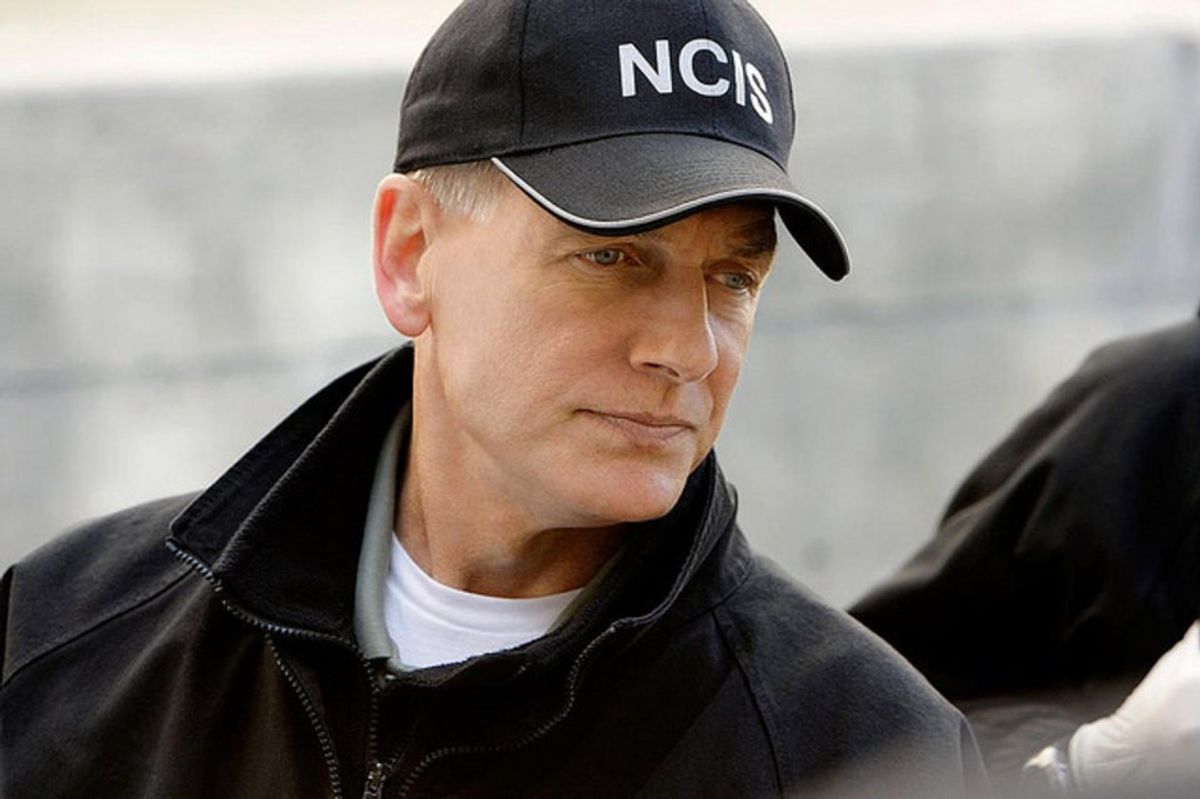
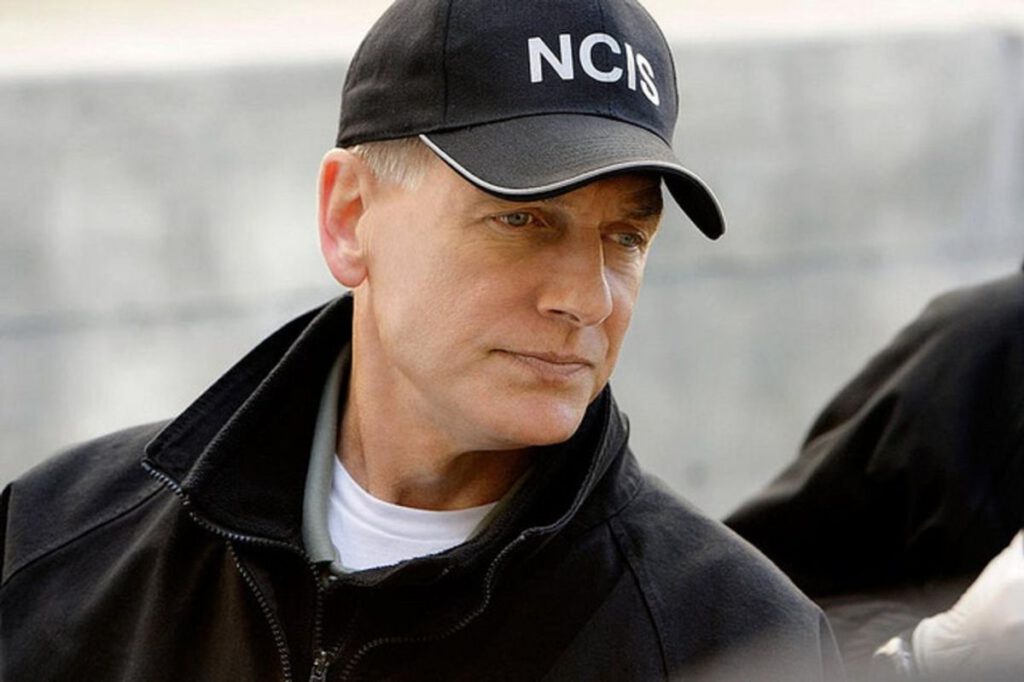
—
“If you talk too much people end up thinking they heard things you never said.”
—
LEROY JETHRO GIIBS, fictional character of the CBS TV series NCIS, portrayed by Mark Harmon.
An Exercise to Prepare for Confinement
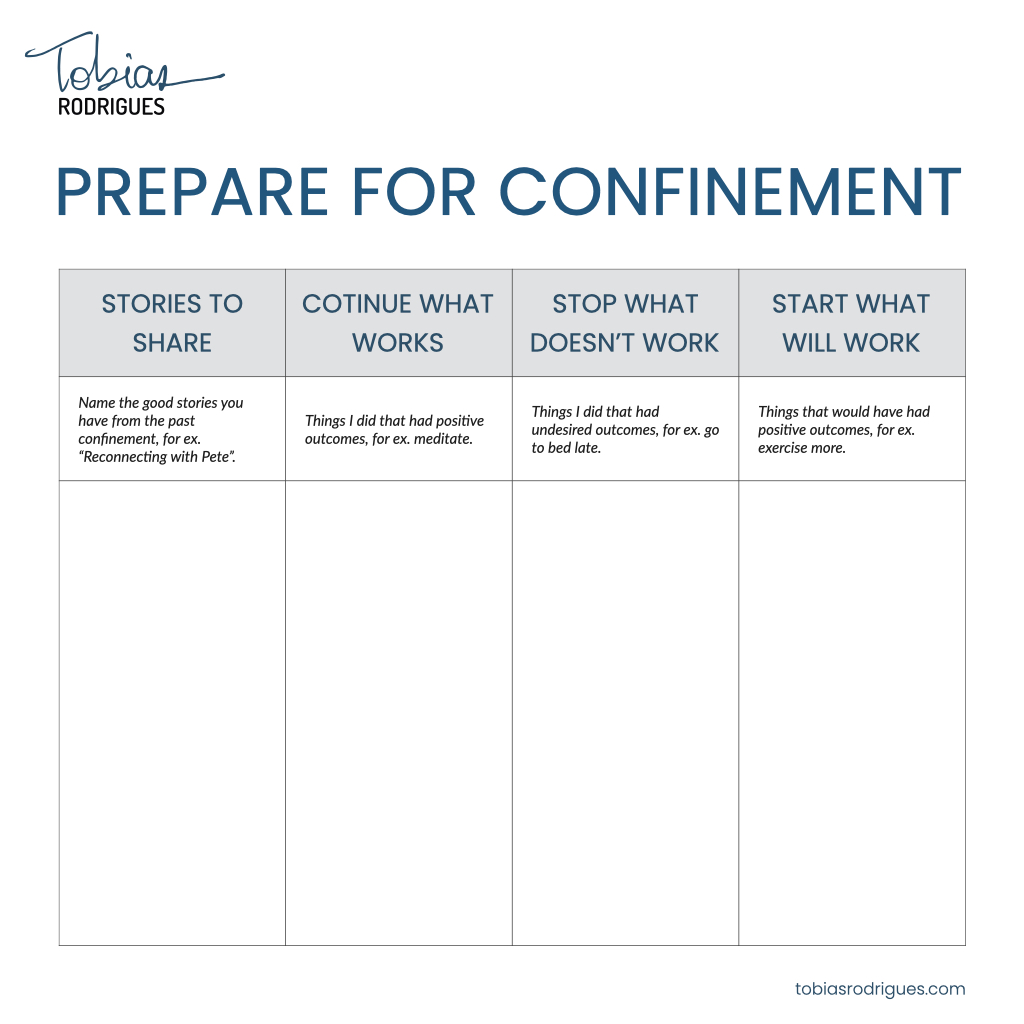
Winter is coming (for some of us) and with it the likelihood of another confinement (in one form or another). It would be dumb not to prepare. This is what I’m doing.
Three Steps
Step 1: Take some time alone to fill in the template below. Ask family and friends to do the same, especially those who will be spending more time with you.
Step 2: Come together in a celebrative spirit to share your findings.
Step 3: Decide what you will commit to. Focus on what requires low effort but has a high impact for you and those around you.
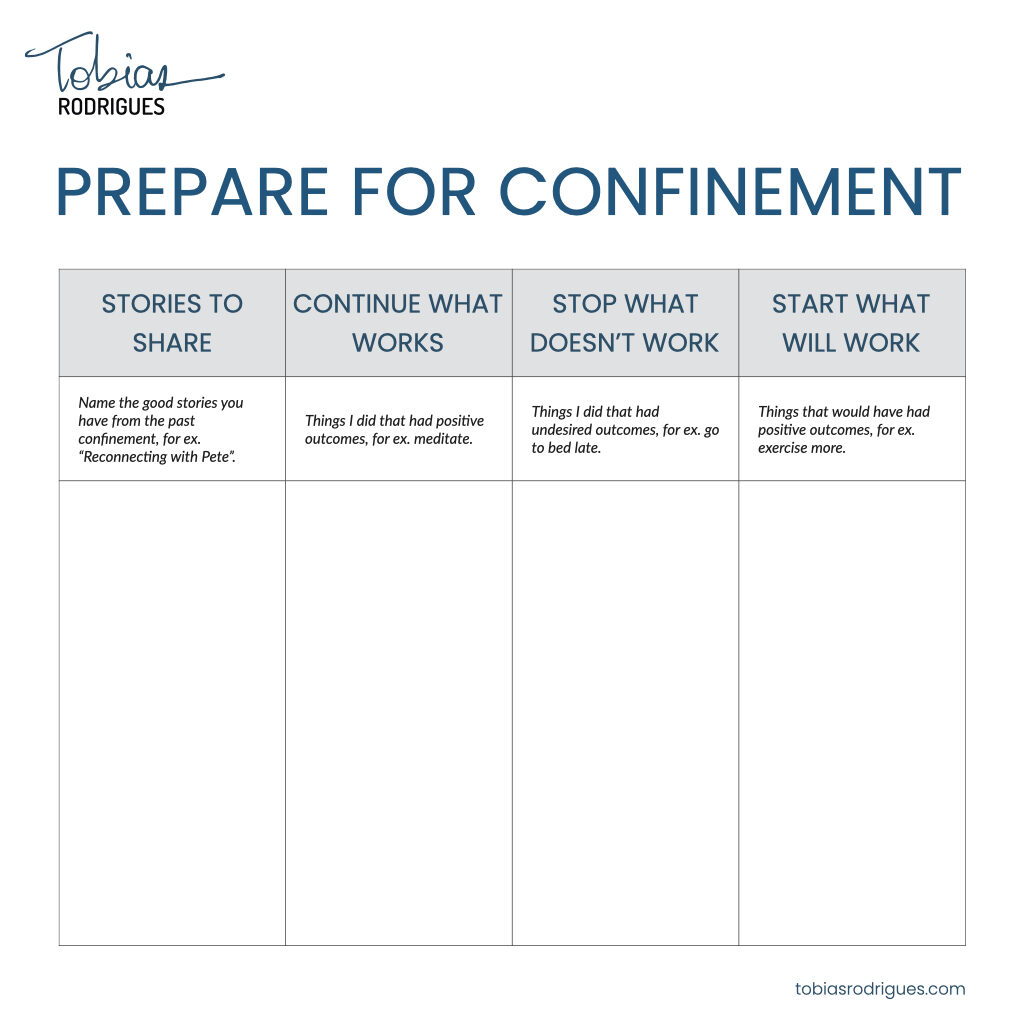
—
Would love to know what works best for you. Please share your results.
Wisdom for Teams #7


—
“It isn’t just how intelligent your team members are;
It is how much of that intelligence you can draw out and put to use.”
—
LIZ WISEMAN (1964), Researcher and executive advisor, author of New York Times bestseller Multipliers: How the Best Leaders Make Everyone Smarter.
An Unpublished Song for 2020


—
Two weeks ago, Antonio Monteiro reached out to me in response to my blog post on to How to Use Our Problems to Feel Grateful. Antonio and I go back to the days when I was priest.
More recently we’ve been in touch since I gave a series of workshops at the Air Traffic Control Centre where he works an Aeronautical Information and Communications Technician.
Antonio shared with me a song he composed this summer. The lyrics were written by his brother, Fernando. I asked them to post it here because it has a powerful message for this tough year. Click below to have a listen. Thank you, Antonio and Fernando.
—
—
Stop watching the news, boy
Step into the light
So many beautiful things
Waiting to brighten up your eye
Discover those moments
You cherish the most
Smile every time you can
Even when it’s so hard, man
And live every moment
Like it’s your last
The future is in you
No control over the past
Stop watching the news, girl
You’re better that
Lookout for that sunshine
That always warms the truth
Laugh more with your friends
Embrace every hug
Be grateful for what you have
Even when it’s not so much
And live every moment
Like it’s your last
The future is in you
No control over the past
Stop watching the news, boy
Stop watching the news, girl
Get out there and love life
Everything will be alright
Stop watching the news, girl
Stop watching the news, boy
Get out there and love life
Everything will be alright
Wisdom for Team Players #6
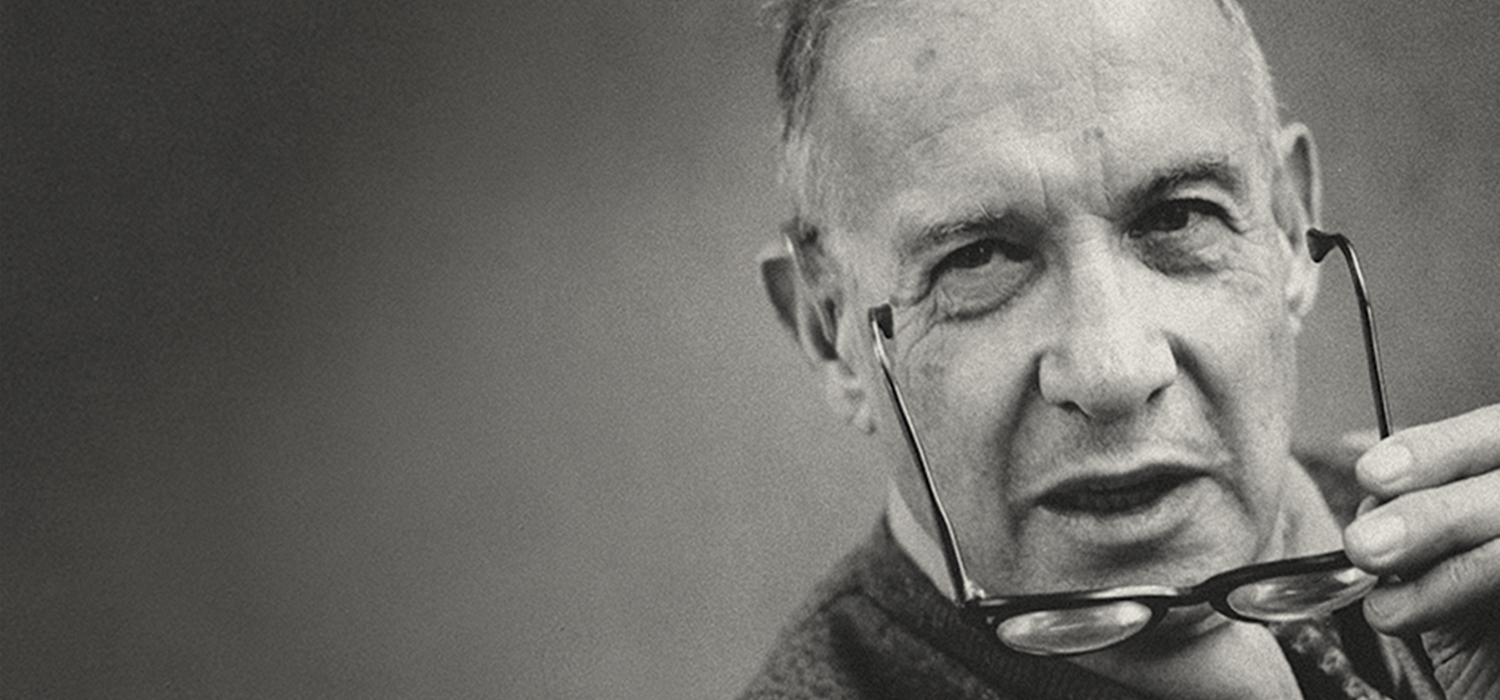
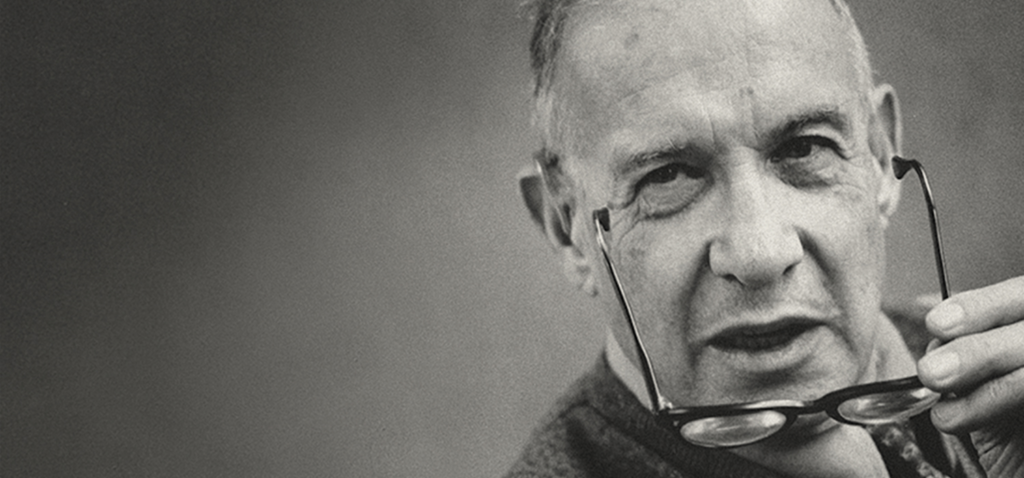
—
“Management is doing things right.
Leadership is doing the right things.”
—
PETER DRUCKER (1909-2005), Austrian-American management consultant, educator, and author.
How to Use Your Problems to Feel Grateful
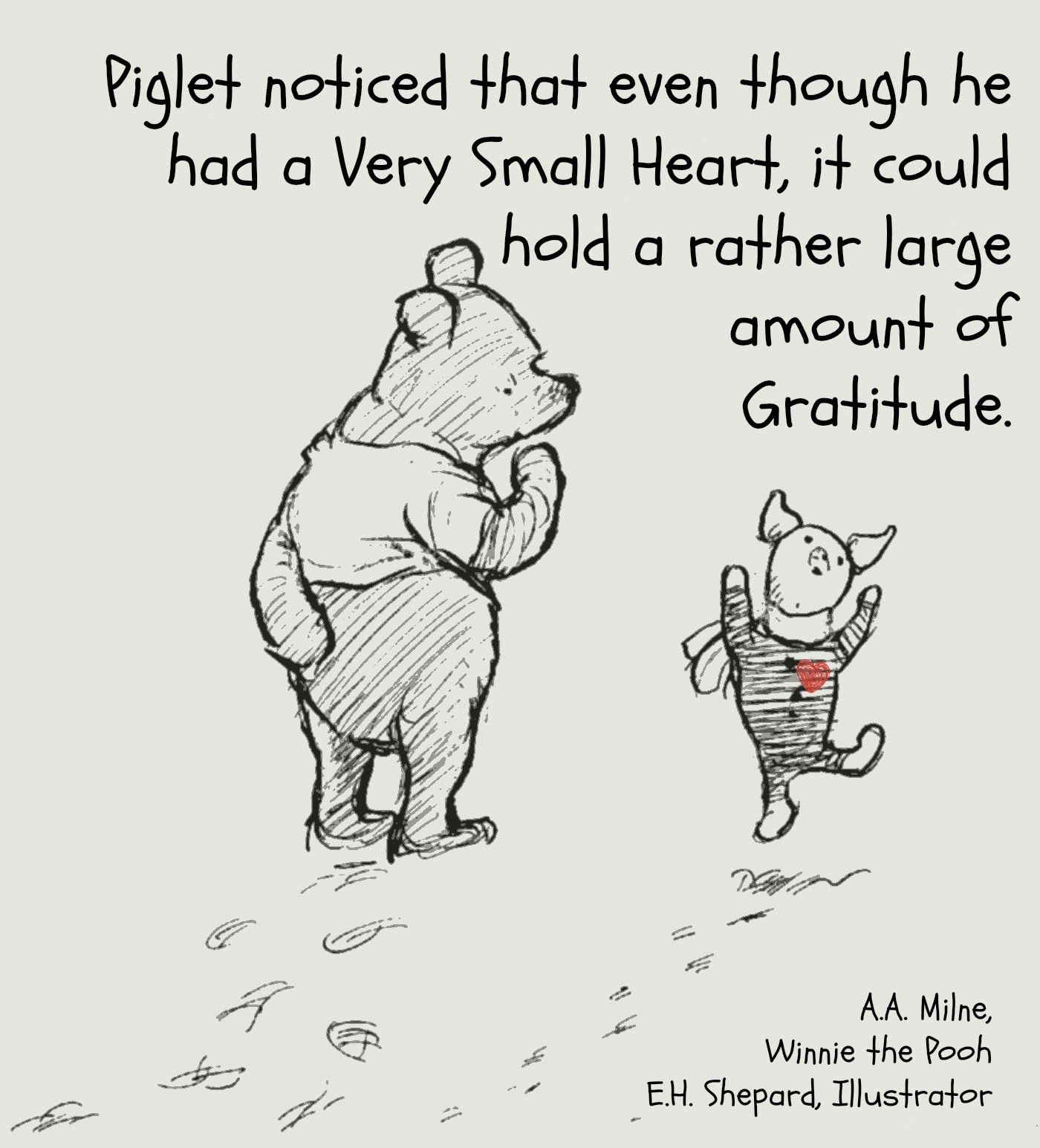
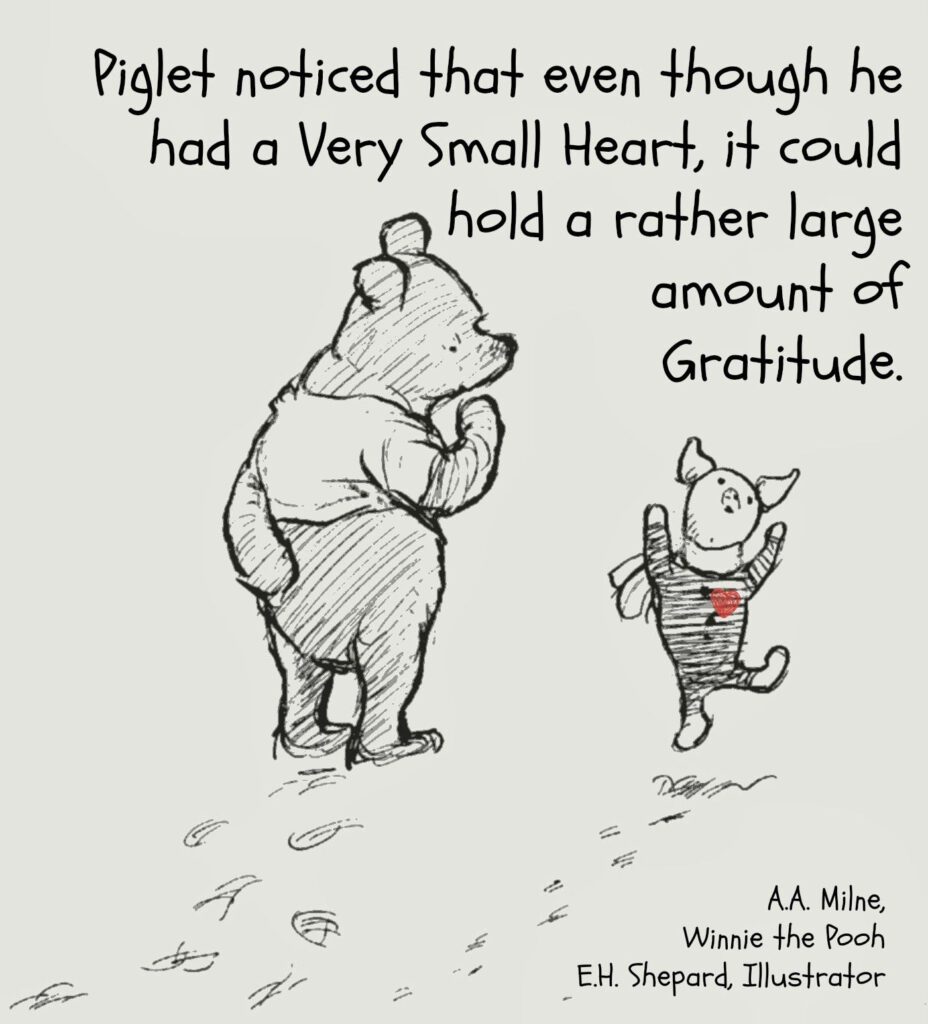
—
Gratitude is powerful because it is virtually impossible to be in a bad emotional place and feel grateful. When we’re grateful we don’t feel angry or fearful or anxious or depressed.
However, it is sometimes hard to summon up the past experiences we are grateful for, or we struggle to remember that we’ve been through worse. In these cases, we can use the present to get into a state of gratitude.
—
1. Comparison: This can get SO much worse
Acknowledging that things can get much worse, that there are many people much worse off will blow away the clouds of our shortsightedness of the negative to let the sun of gratitude shine on all the other things we do enjoy in our lives.
—
2. Perspective: This will make me grateful in the future
Another way to use the present to feel grateful when we are going through a tough time is to bring to mind that my difficult present will become a memory I will be able to use to feel grateful for in the future. Strangely enough, this allows us to feel grateful today because it will be a source of gratefulness in the future.
—
Love the good and the bad of the past
Love the good and the bad of the present
For it is this love what makes for a better future
Wisdom for Teams #5
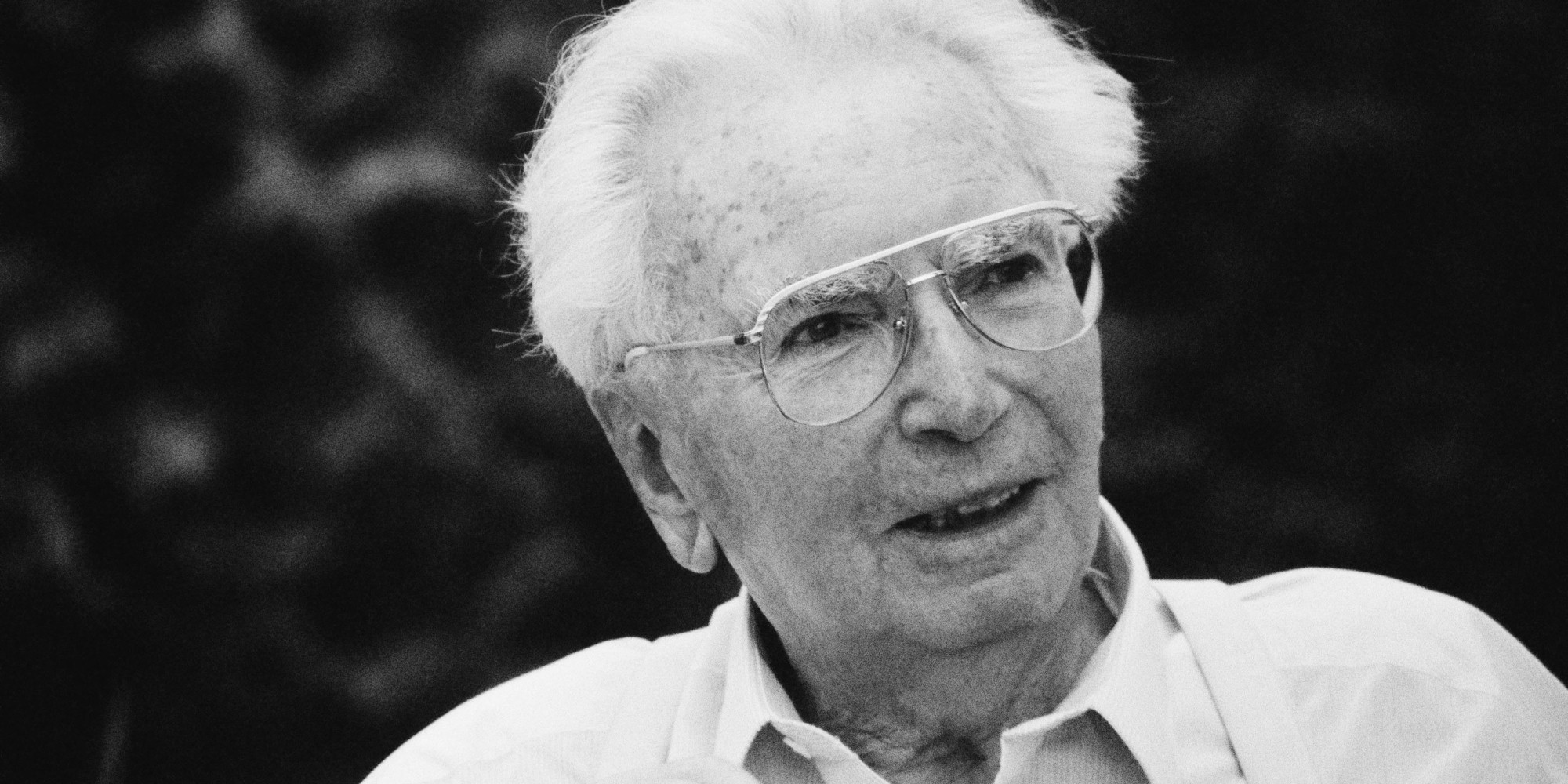
“When we are no longer able to change a situation,
we are challenged to change ourselves.”
VICTOK FRANKL (1907-1997), Austrian neurologist and psychiatrist, a Holocaust survivor, and author of “Man’s Search For Meaning“
—
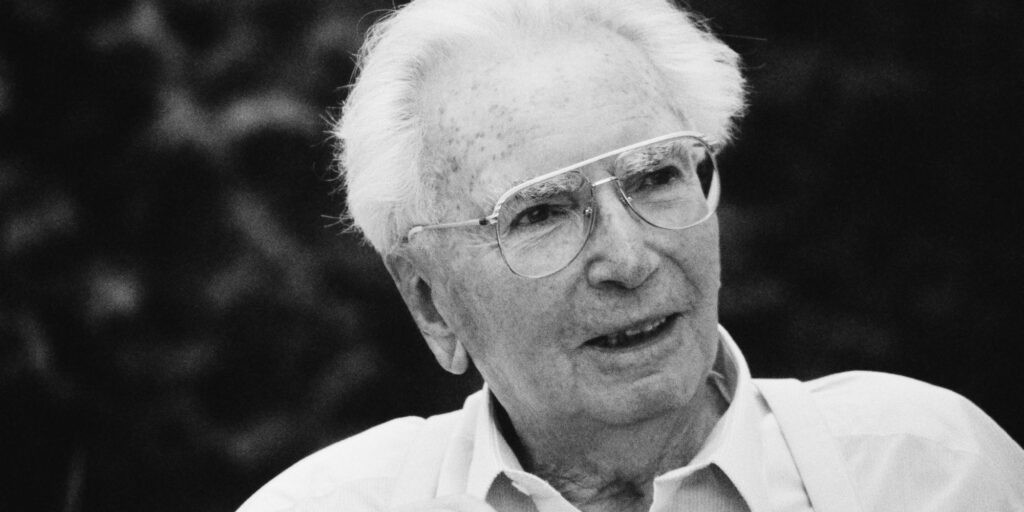
I Broke a Promise
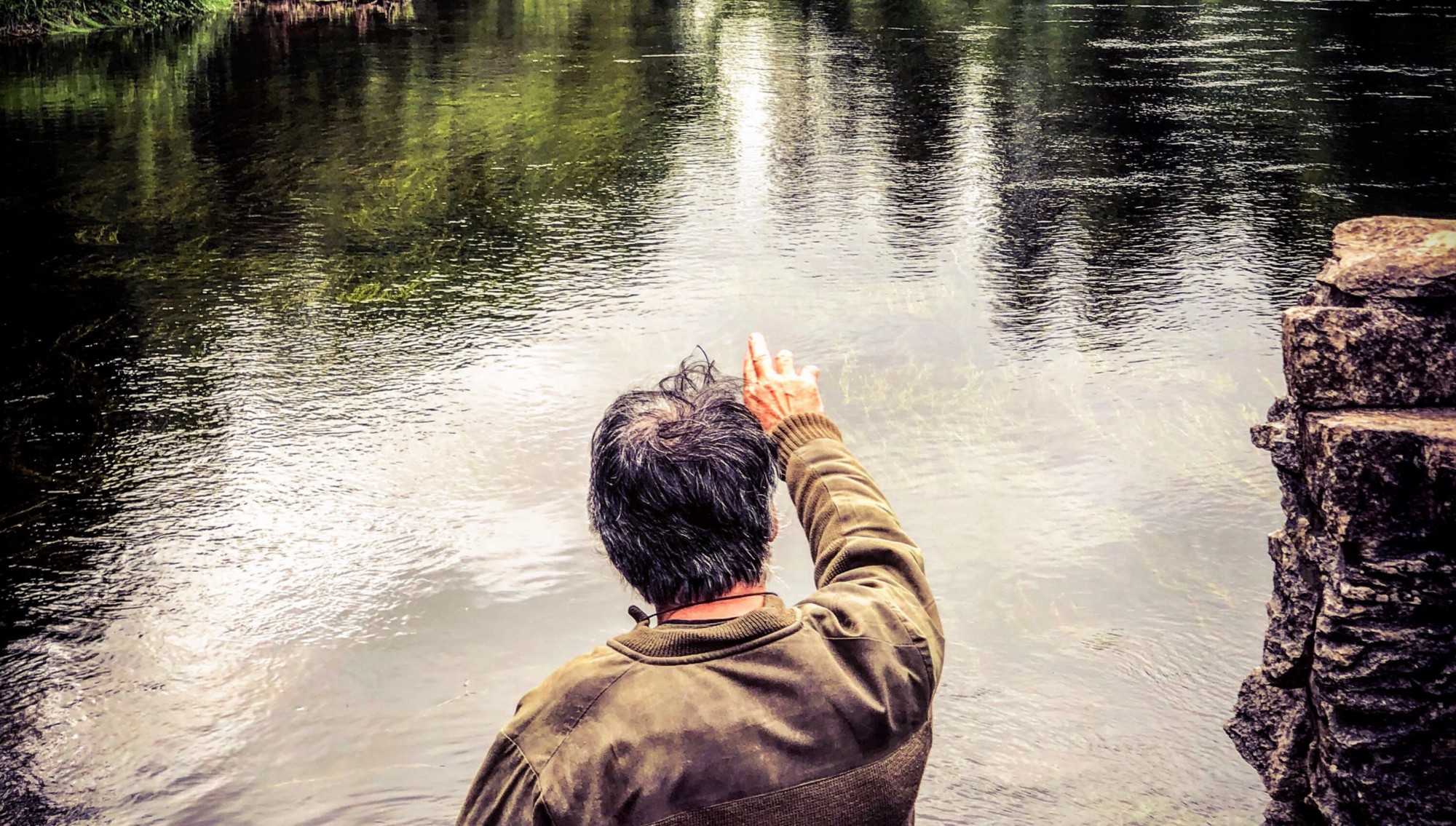

Photo Credit: Jonny Miller
I broke a promise when I decided I’d no longer serve as a priest.
I broke a promise when I decided I’d end the relationship.
I broke a promise when I decided I’d stop seeing that friend.
Breaking a promise didn’t feel good. But it happened, again and again.
This week I came across a poem by David Whyte about how to break a promise.
Apparently we humans break promises, again and again. Apparently we can learn to do it better.
Shall we accept that breaking promises is part of life, like making them is?
—
To Break a Promise
Make a place of prayer, no fuss now,
just lean into the white brilliance
and say what you needed to say
all along, nothing too much, words
as simple and as yours and as heard
as the bird song above your head
or the river running gently beside you.Let your words join one to another
the way stone nestles on stone,
the way water just leaves
and goes to the sea,
the way your promise
breathes and belongs
with every other promise
the world has ever made.Now, let them go on,
leave your words
to carry their own life
without you, let the promise
go with the river.Stand up now. Have faith. Walk away.
In “The Sea in You: Twenty Poems of Requited and Unrequited Love” by David Whyte
P.S. David, I hope you don’t mind me sharing your poem here. Thank you.

